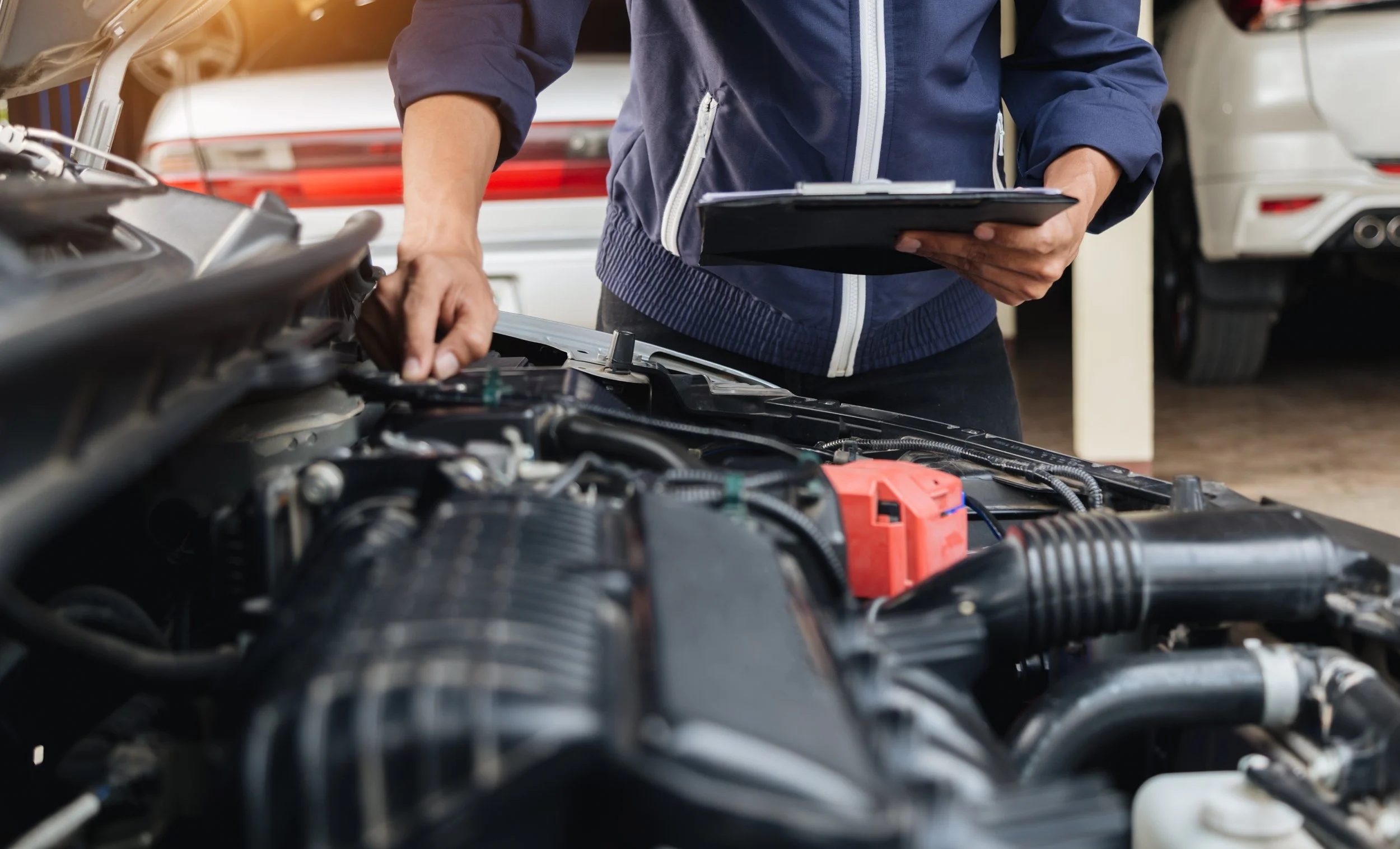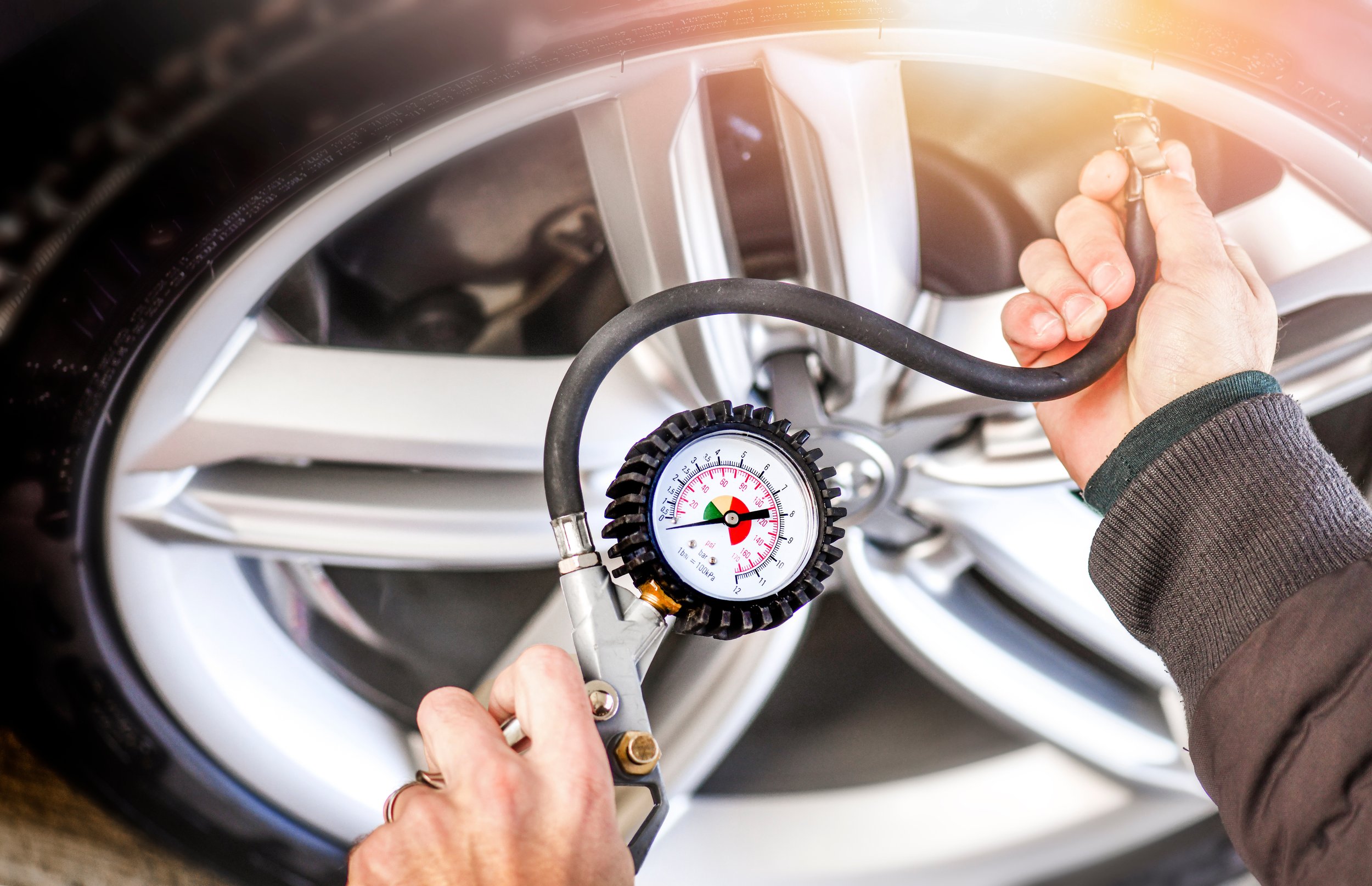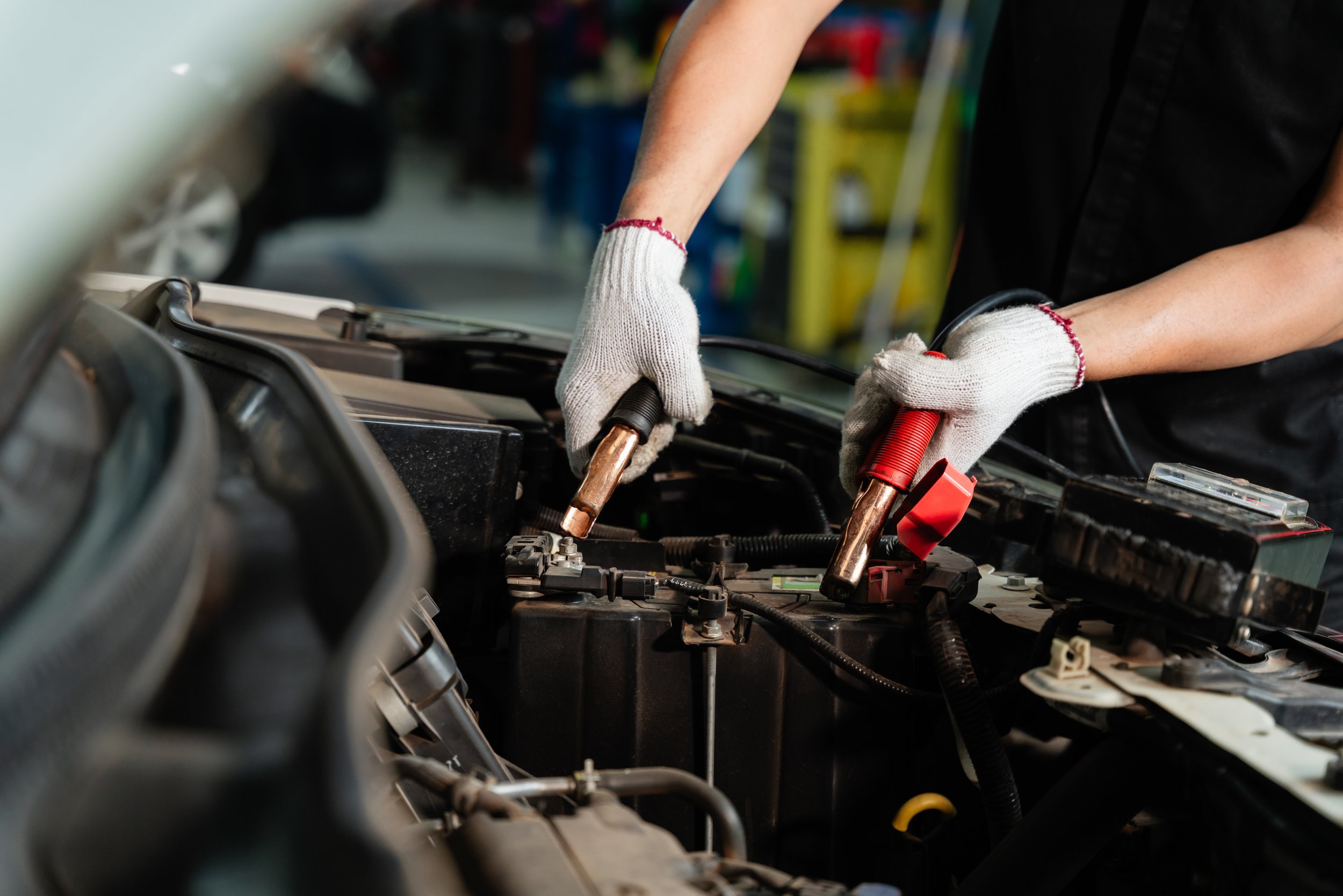Disclaimer: The information provided by Dirt Legal is for general informational purposes only and does not constitute legal or financial advice. Please consult your CPA or attorney for guidance on all financial and legal matters.
When was the last time you gave your car a thorough inspection?
Regular checks are just as crucial for safety as oil changes, and they should be done before you ever get in the vehicle, before embarking on a road trip, or as part of a regular maintenance schedule.
Think of it like a routine check-up for your car—just as you visit the doctor to stay healthy, your vehicle needs its own attention to ensure it’s running smoothly and safely.
A little preventive care goes a long way in keeping you safe on the road and avoiding costly repairs down the line.
Routine checks at home will ensure your vehicle stays in good working condition and that you stay safe, according to the Auto Tech Center.
These do-it-yourself vehicle inspections decrease the risk of accidents and fatalities, resulting in the promotion of road safety, the Journal of Transportation Engineering said.
It is crucial to stay alert and aware when it comes to the condition of your car.
Even seemingly minor issues, such as unusual sounds, strange vibrations, or handling problems, can be indicative of larger underlying issues that need attention, Auto Tech Center said.
Paying close attention to your car's performance while driving can help identify potential problems before they become serious. For example, if you hear odd noises, feel a vibration you haven’t experienced before, or notice any changes in how the car handles, it's essential to address them promptly.
Below is a checklist, according to the Auto Tech Center, to ensure your vehicle is safe and road-ready!
(Or download the checklist here)
Daily Pre-Drive Checklist:
Tire Pressure: Check tires for proper inflation and tread wear.
Brakes: Ensure brakes are working smoothly by testing responsiveness.
Lights: Verify headlights, taillights, and signals are all functioning.
Windshield Wipers & Fluid: Check wipers for wear and ensure windshield fluid is full.
Monthly Checklist:
Tire Pressure: Check tire pressure for proper inflation.
Oil: Check for dark, thick oil. If low, top up and consult a mechanic if needed.
Fluid Levels: Check all fluid levels (engine oil, coolant, brake fluid, etc.) after the engine cools down.
Battery: Inspect for corrosion around terminals and ensure it’s securely mounted.
Tire Tread: Ensure a minimum tread depth of 3/16 inch for safe driving.
Every 3,000–5,000 Miles:
Oil Change: Check and replace oil if necessary.
Air Filter: Inspect for dirt or debris and clean/replace if needed.
Every 6 Months:
Tire Rotation: Rotate tires to ensure even wear.
Alignment Check: Ensure proper wheel alignment to prevent uneven tire wear.
Brakes: Inspect for any unusual noises or reduced responsiveness.
Belts & Hoses: Check for cracks or wear and replace if needed.
Before Every Road Trip:
Oil Levels & Fluid Check: Ensure oil, transmission fluid, and brake fluid are at the right levels.
Battery: Inspect battery for corrosion and ensure it’s securely connected.
Air Filters: Check for dirt, debris, and ensure air filter is functioning.
Belts & Hoses: Inspect belts and hoses for any cracks, wear, or leaks.
Every Year:
Exhaust System: Inspect for rust, leaks, or damage.
Belts & Hoses: Inspect for wear, cracks, or leaks.
Suspension Performance: Listen for clunking noises or abnormal handling.
Air Filters: Replace if clogged or dirty.
Steering Alignment: Ensure steering wheel is centered and car does not pull to one side.
Regular inspections, whether they are done at home or by a professional, are needed. They are linked to a decrease in road traffic accidents as well as injuries, according to the International Journal of Environmental Research and Public Health.
It’s important to know when to seek professional help for your vehicle. For instance, if the engine light comes on, it’s time to head to your dealership or local repair shop.
Ignoring this warning could lead to more serious issues, as the engine light can indicate a variety of problems, such as low oil pressure, faulty spark plugs, or issues with the exhaust system.
According to the National Institute for Automotive Service Excellence, failing to address engine light warnings early can lead to expensive repairs and reduced vehicle performance.
In addition to the engine light, there are other signs that should prompt you to seek professional help. For example, if you notice unusual noises like grinding or squealing from your brakes, it could be a sign of worn-out brake pads or a more serious issue.
The National Highway Traffic Safety Administration advises that any concerning noise should be addressed immediately to avoid compromising your safety.
Another critical time to visit a professional is when you experience a sudden loss of power, poor acceleration, or decreased fuel efficiency. These issues could be caused by a variety of underlying problems, from fuel system malfunctions to transmission issues.
A trained mechanic will have the diagnostic tools and expertise to determine the root cause of these symptoms and prevent further damage to your vehicle.
In general, if you're unsure about the condition of your vehicle or experience something unusual, it’s better to consult a professional. They can perform a thorough inspection, catch problems early, and help ensure your car stays safe on the road.
States with mandatory vehicle safety inspections have shown a noticeable reduction in vehicle-related issues, highlighting the significant benefits of these inspections.
By requiring regular checks on critical components such as brakes, tires, lights, and emissions systems, these inspections help ensure vehicles are operating at peak safety standards, the Transportation Research Record Journal of the Transportation Research Board said.
This proactive approach not only minimizes the risk of accidents caused by mechanical failures but also encourages drivers to stay on top of essential vehicle maintenance.
The evidence, according to the Auto Tech Center, suggests that the implementation of safety inspections contributes to safer roads and fewer breakdowns, underscoring their effectiveness in promoting public safety and vehicle reliability.
Stay in the know—subscribe to our newsletter for the latest updates!
Dirt Legal transforms vehicle registration for everyday drivers with digital, hassle-free, and time-saving solutions so you can keep your wallet happy and your vehicle 100% road-ready.
Shift Gears, Elevate Every Mile—Join us for tips that enhance your lifestyle.



